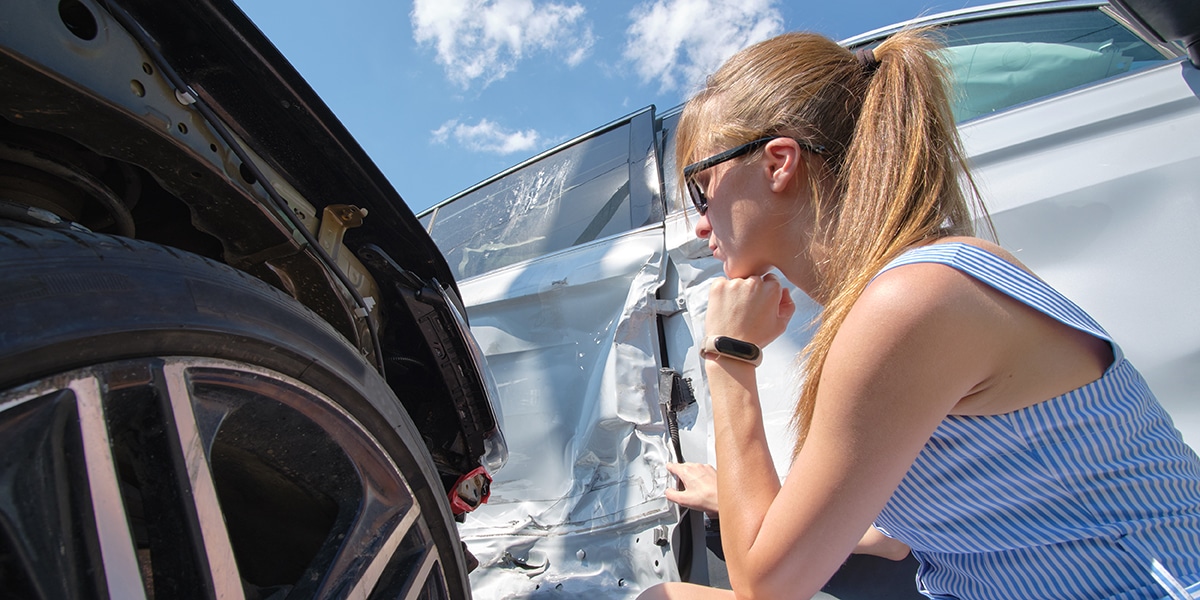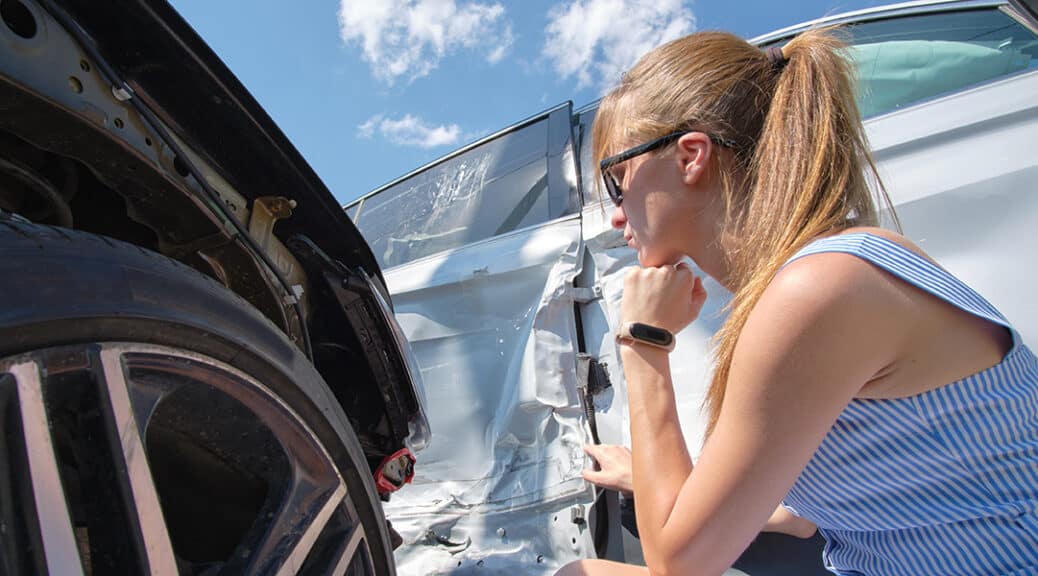Less than half the country has no-fault car accident laws. Many people ask, “What does it mean to be a no-fault state?”
New Jersey provides no-fault protections to their citizens, which can limit a claimant’s ability to sue. Basic insurance policies may only allow for limited no-fault coverage, while standard ones can expand your right to sue.
Regardless, you should speak with an attorney if you experience a motor accident injury in New Jersey. Our personal injury law firm, Aiello, Harris, Abate, can help you understand your insurance and practice your legal rights.
Why Is New Jersey a No-Fault State?
New Jersey’s no-fault laws aim to lower car insurance costs by reducing or eliminating small claims motor cases. No-fault car insurance should provide quick resolutions to claims, including timely payments, service suggestions, and no stressful court dates. This process should also reduce the strain on the court system.
However, no-fault insurance laws occasionally limit how drivers and passengers injured in car accidents can receive compensation. Personal Injury Protection (PIP) coverage sometimes only covers part of the damages from a car accident. You may also face restrictions to seeking compensation in court.
Experienced New Jersey lawyers know that exceptions exist in the legal system to allow for third-party claims. Call an Aiello, Harris, Abate attorney to learn more about “what does it mean to be a no-fault state?” and whether or not you qualify for an exception.
What Does Personal Injury Protection Insurance Offer?
PIP provides no-fault benefits for motor and other accidents. Basic and standard policies often include PIP, and all drivers must have at least one of these policies. New Jersey law requires minimum coverage of $15,000 per person, per accident.
Most basic PIP plans include medical coverage, care coverage, and some economic losses, but nothing else. You would need to add bodily injury liability, collision, comprehensive, and more to your basic plan manually for additional costs. Accident benefits vary because of your ability to select what you want, though many plans cover the following:
- Funeral expenses up to your select limit
- Property damage liability
- Death benefits to your loved ones
- Essential service coverage, helping you pay for cleaning, mowing, and other daily or weekly necessities
- Income continuation to cover lost wages
PIP coverage pays out regardless of who caused the accident. You can put your PIP insurance as primary or secondary to your health insurance.
Personal injury insurance may not cover all expenses and needs. Car accident injuries often become expensive, or you may not realize the injury occurred until later.
For example, some people receive traumatic brain injuries during car accidents without seeing symptoms for several weeks or months. During that time, they may have lost wages or experienced an unexplained decrease in overall health. Such situations often require more time to understand the extent of the damage to their body.
What Are Exceptions to the No-Fault System?
New Jersey lawmakers understood that being a no-fault state entails making room for exceptions. In some circumstances, the accident becomes severe enough for New Jersey drivers with basic auto policies to file civil lawsuits. Be mindful that you can file a suit for:
- Significant disfigurement
- Significant scarring
- Displaced fractures
- Dismemberment
- Fetal loss
- Permanent injury or disability
Those with standard insurance have a broader spectrum of legal rights to sue. You can also choose between a limited right and an unlimited right to sue.
Standard insurance with limited rights only allows cases when you or another insured sustains an injury as listed above. Standard with an unlimited right means you can seek full compensation whether or not you have the above injuries. Both types of standard insurance allow you to receive compensation for accidents caused by uninsured or underinsured motorists.
You must be able to prove in court that you suffered from the accident and that the other driver was at fault. We recommend relying on a seasoned lawyer to gather this information and make a case on your behalf.
Learn More About Car Insurance and Care from Our Lawyers
The law office of Aiello, Harris, Abate, Law Group PC offers our experience and tenacity to pursue your rights. We’re here to answer the question, “What does it mean to be a no-fault state?”
Our team can also help with car accidents, personal injury settlements, and more. We listen to each situation with a careful and compassionate ear.
Call an Aiello, Harris, Abate lawyer at (908) 561-5577 for a free consultation. We serve clients in Bergen County and across New Jersey. You and your loved ones can focus on recovering while we handle the details.
















